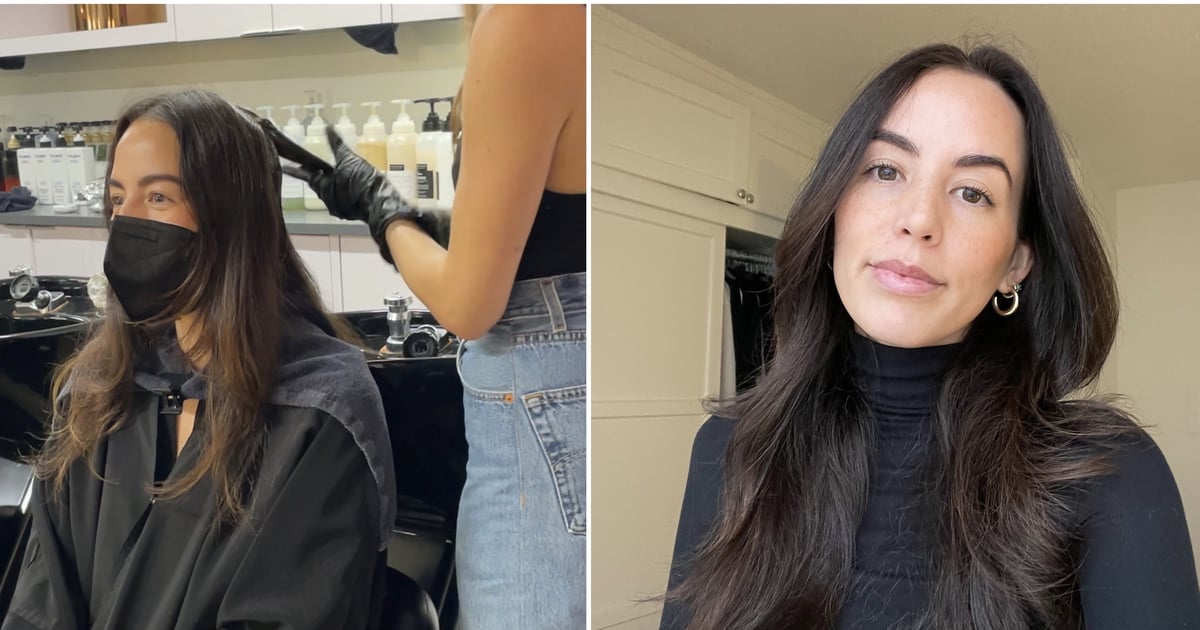Even if you are determined to avoid them, the essence of early January makes it hard to escape at least some thoughts on new year’s resolutions and all the ways you might pledge to improve one or more area of your life – like your wardrobe.
In case you are feeling the lure of a cleanout or style overhaul, here we talk to four fashion minimalists about the approach they took to winnowing down their wardrobes, and the results.
The curious capsule
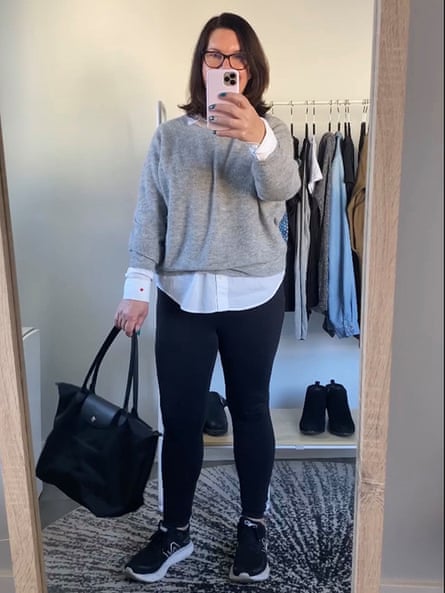
“People are in search of more ease,” says Courtney Carver, an author. “By creating a small capsule [wardrobe], you save money, time, energy and attention for things that matter more.”
In 2010, Carver created Project 333, an exercise where participants wear only 33 items of clothing for three months. She never went back: “All these years later, I still only have 33 items in my wardrobe at a time.”
She started whittling everything down slowly, letting go of things she wasn’t wearing first, and then things she wasn’t sure about. She says now everything goes with everything else. “I can get ready more quickly and because of the small selection, I get to wear my favourite things every day.”
“The surprising part was how much guilt and other negative feelings were a part of my bigger wardrobe. I didn’t realise how bad it made me feel to see tags hanging from items I never wore, or clothes that didn’t fit my body or my lifestyle any more. Once they were gone, the guilt went with them.”
She believes people who worry they’ll get bored with a smaller wardrobe are likely bored with a big wardrobe too. “The cure to boredom is curiosity,” she says, not buying more clothes. “Shopping doesn’t cure boredom.”
The space saver
As a lockdown project, Rio Davis, a journalist, built what they describe as a “tiny house” with their dad. The idea was born as a way of putting hard limits on the amount of stuff they could accrue. They say the process “added a tangible dimension to how I think about my wardrobe”.
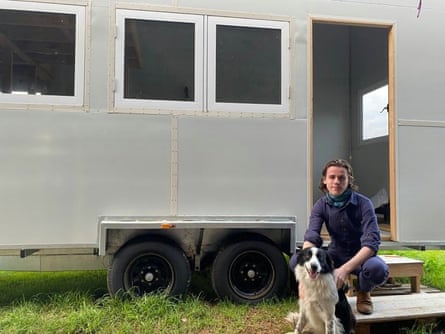
Before they moved into the 15 square metre space, they began donating clothes and giving things to friends in preparation. “With each piece of clothing given away, I felt like I was stripping back parts of myself,” Davis says. But “despite the little feelings of loss, I soon realised I carry the memories, not the clothes”.
Over time they found they were left with the most versatile and highest quality pieces from their larger wardrobe. They describe each item that made the cut as utilitarian, but flexible and capable of being dressed up or down.
“While my clothes may not fit the beige capsule wardrobe aesthetic, they do fit one of two colour schemes,” they say. “Plus, styling clothes in different ways and different combinations adds layers of possibilities to single pieces of clothing.”
The convert
When the cinematographer Alexander Naughton left his corporate job to transition into filmmaking, he embraced the freedom his new creative role gave him especially in terms of dressing for work. “There is an element of … personality that comes through in the way that we present ourselves,” he says. “I now see the way that I present to be directly correlated to how I want to be perceived.”
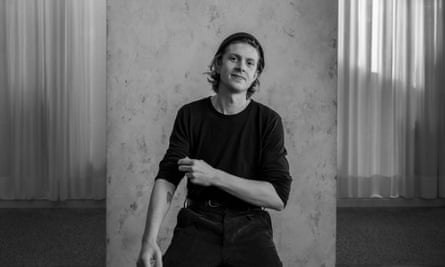
This realisation led him to buy a few high-quality garments he really loved. Soon he found he was reaching for them exclusively when getting dressed. “They feel better, they look better, they inspire a sense of confidence, and they don’t ruin so easily,” he says. Then he slowly let go of his old clothes, reducing his wardrobe to a few pairs of pants, shirts and jackets.
“They all work harmoniously,” he says. “Every piece in my wardrobe feels right, so even with a full day of big pitches or client meetings, I am out the door without having to worry.”
The traveller
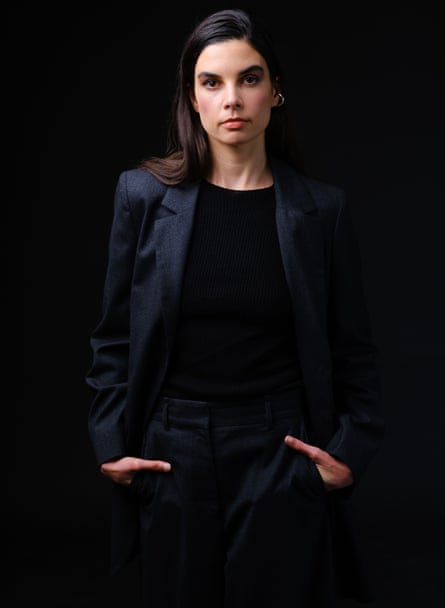
The actor and theatre writer Isabella Broccolini lives between London and Melbourne. This transience forced her to reassess her wardrobe. She needed to feel comfortable and at home in her own skin, with very few items. “The bar is set high,” she says. “Each item has to hold a lot of value emotionally, practically and make me feel secure, strong and confident in myself.”
She emphasises the need for quality items that are beautifully made, travel well, are easy to care for and tell a story. “I cherish what I have rather than drown in stuff I am not in love with,” she says. “I feel physically lighter and mentally lighter.”
Because she doesn’t have to think before she packs or gets dressed, she can engage more effectively in her work and creativity. “This really is at the heart of why I strive for a minimal refined approach to my outer life,” she says. “It gives me more as a human in my inner life.
“I constantly try to pull myself up on distractions of spending on clothing that I don’t need.”

